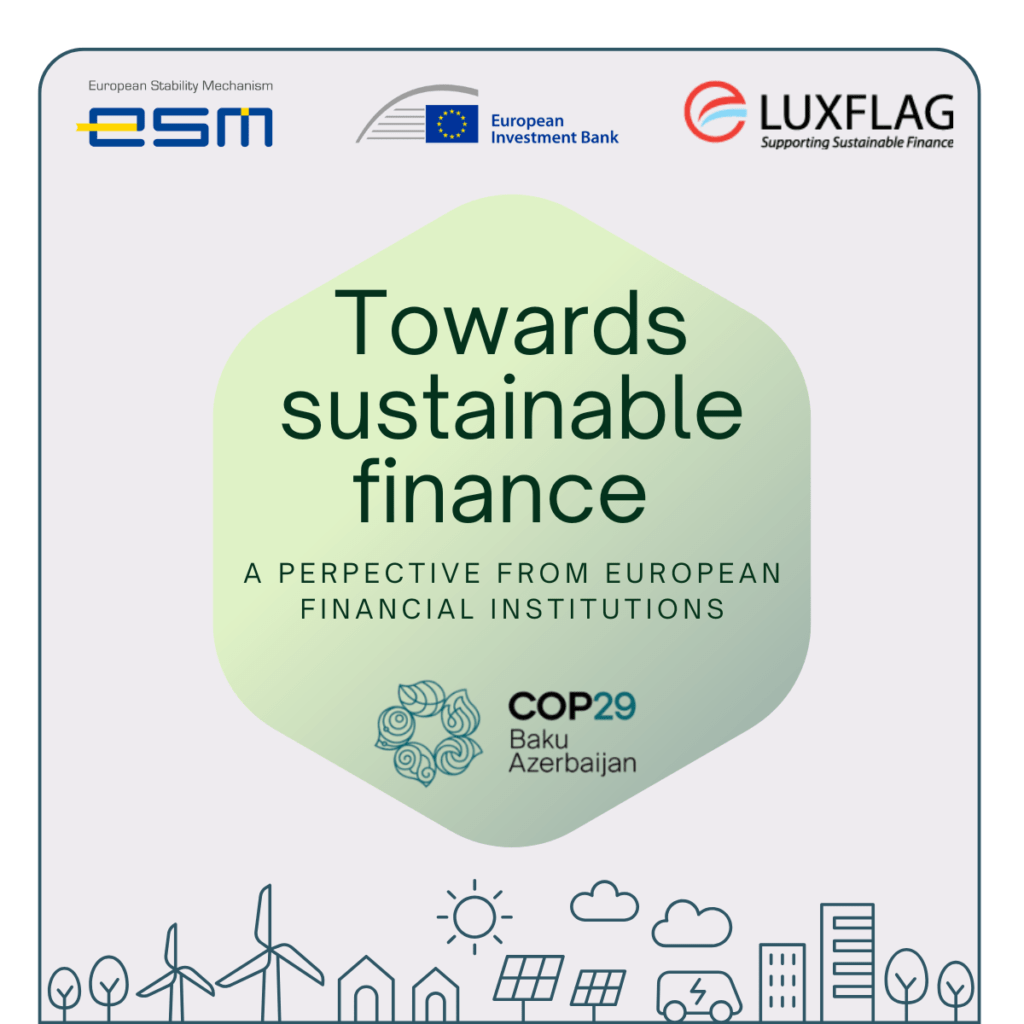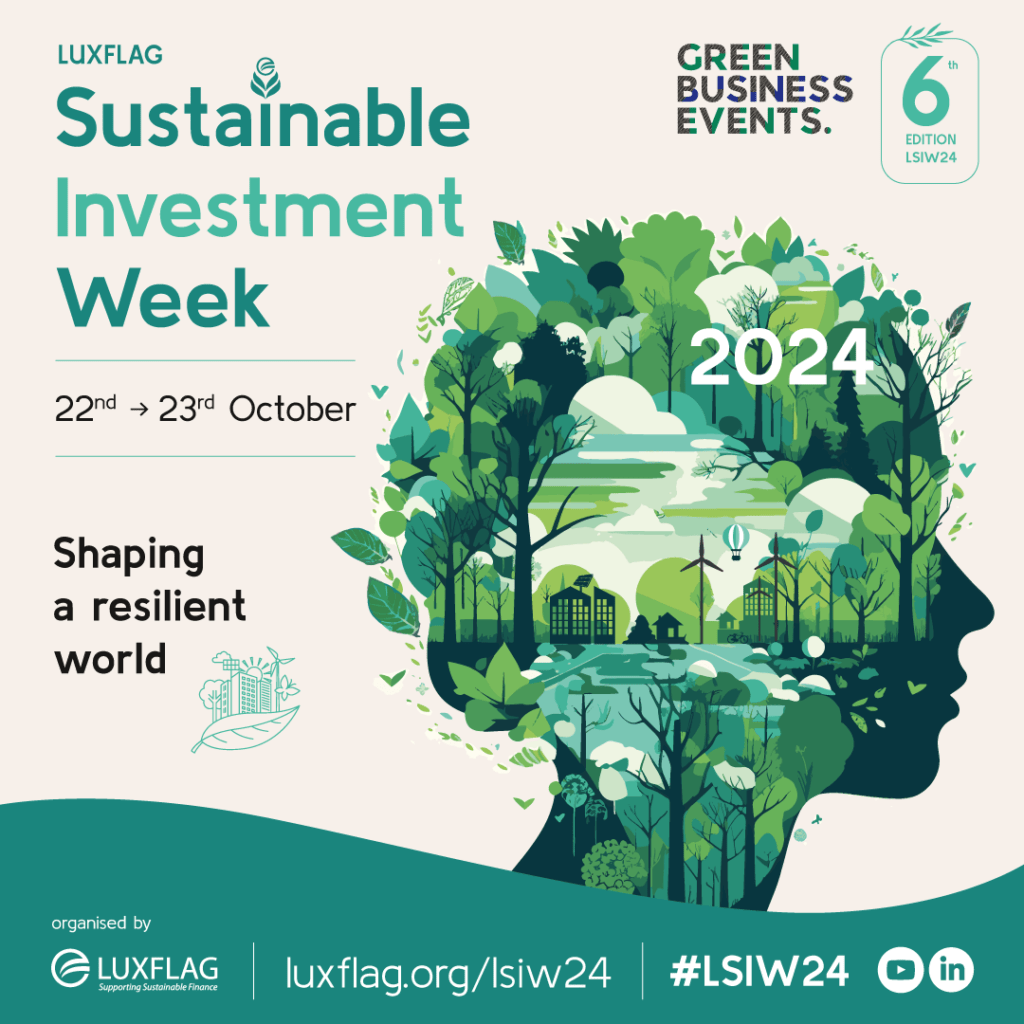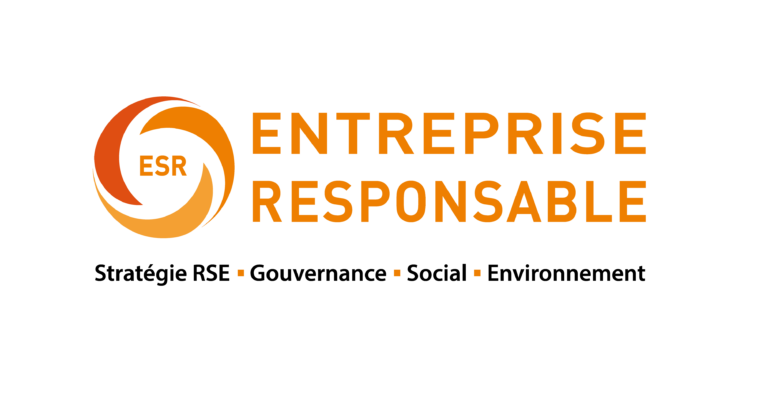Sustainability has become a big deal to the asset management industry, with its compelling story attracting investors. While this comes as an advantage for some, it has also created challenges.
Over a short period, more than 50% of global companies are reporting on their sustainability, including their performance related to Environment, Social and Governance (ESG) factors.
In Europe, the EU Non-financial Reporting Directive (NFR Directive) requires large public companies and financial corporations operating in Europe to disclose information on the following matters:
-
- environmental
- social
- human rights
- anti-corruption.
These factors are required to understand the company’s development, performance, position and impact.
In the asset management industry, sustainability is trending. There has been a significant increase of signatories for the Principle for Responsible Investing (PRI) and the UN Global Compact initiatives. This is driven by increased investor demand and recent regulatory developments.
However, does all this prove that ESG is influencing investment decisions? And is publishing an annual sustainability and impact report enough?
Investors are increasingly factoring ESG in their investment decisions to identify risks and opportunities that can pass traditional analysis by. This, in turn, requires more useful data on material issues that are strategically important to the company. ESG elements must be linked to the organizational strategy, risk management and context in which the company operates.
For example, a financial services company that openly reports on its operational policies, labor practices, diversity and consumer protection policies is considered more material than its use of environmental resources.
The industry currently faces challenges around reliable ESG data. This is mainly due to a lack of transparent framework and little to no correlation between the ESG ratings produced by service providers. Today, the market recognizes the following frameworks for sustainability reporting:
-
- Carbon Disclosure Project (CDP)
- Global Reporting Initiative (GRI)
- Task Force on Climate-Related Financial Disclosures (TCFD)
- Sustainability Accounting Standards Board (SASB).
The industry eagerly awaits the EU Commission’s common taxonomy framework, which is expected to be released in the coming months.
Sustainability labels, like the one offered by the Luxembourg Finance Labelling Agency (LuxFLAG), are awarded based on predefined eligibility criteria. These awards play a vital role in helping investors separate the wheat from the chaff.
Despite the challenges around sanity of data and a common framework, growth trends continue to signal that ESG is here to stay. The asset management industry must treat sustainability factors not as optional, but as essential, to boost its communication efforts.
Sachin Vankalas, General Manager, LuxFLAG







